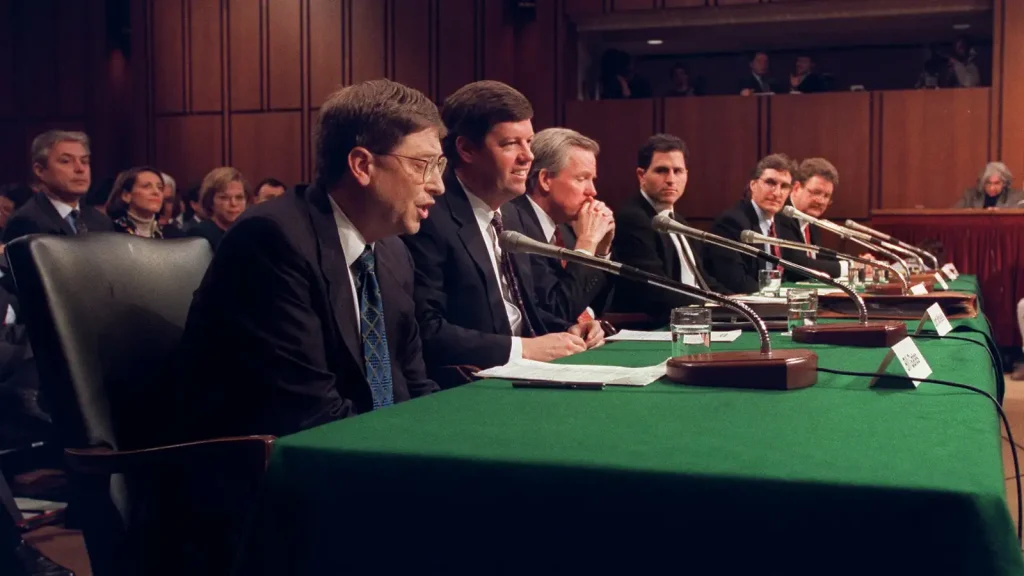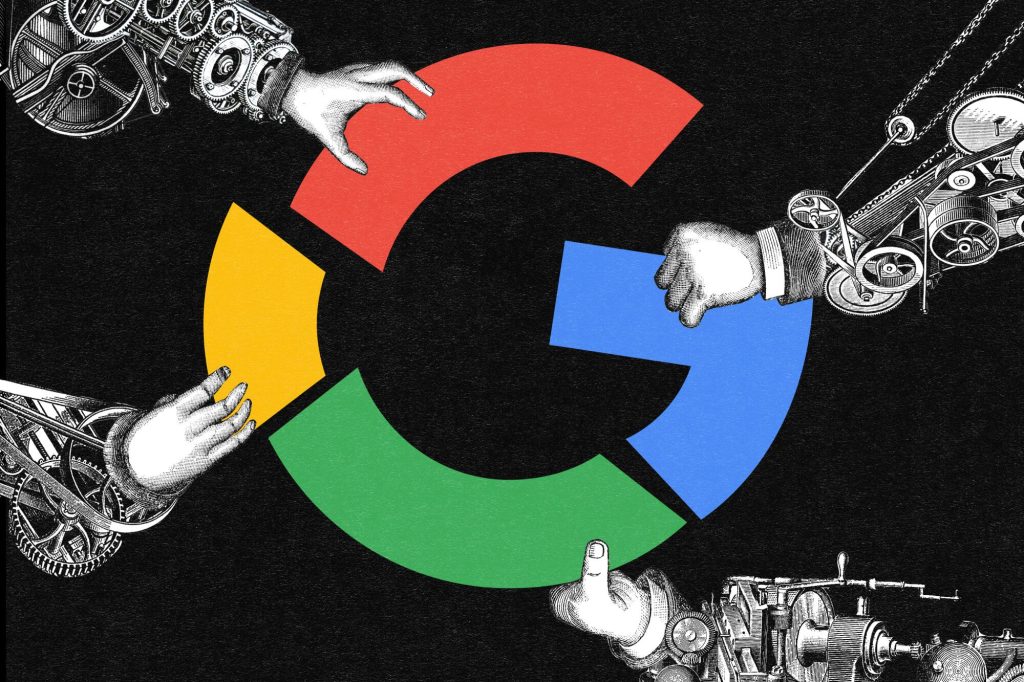To search the web is now essentially ‘to google.’ From search to online ads, Google has had no competitors for more than a decade and half. All that is about to end.
Google Is An Illegal Monopoly, Rules Judge Mehta
“After having carefully considered and weighed the witness testimony and evidence, the court reaches the following conclusion: Google is a monopolist, and it has acted as one to maintain its monopoly.”
This ruling, the first major antitrust decision against a tech giant in the modern internet era, was made by Judge Amit Mehta in August 2024. According to a study by BOND that was cited in the ruling, Google’s search engine handles 8.5 billion daily queries worldwide, nearly double the volume from 12 years ago. Google also commands 89.2% of general search services and 94.9% on mobile devices. This monopoly is not merely technological but strategic. It mostly involves Google paying billions to ensure that its products are pre-installed on new devices. Cited in the ruling was an estimated $20 billion it paid to Apple in 2022.
Judge Mehta concluded that Google had “no true competitor.”
Eight months later, in April 2025, another federal judge, Judge Leonie Brinkema ruled that “Google’s ad business, which matches website publishers with advertisers and determines which banner ads appear on which sites across the web, has violated antitrust law.” The ruling further noted, “For over a decade, Google has tied its publisher ad server and ad exchange together through contractual policies and technological integration, which enabled the company to establish and protect its monopoly power in these two markets.”
Again, “Google further entrenched its monopoly power by imposing anti-competitive policies on its customers and eliminating desirable product features”.

The Case of Microsoft
Google’s case bears similarities to Microsoft’s antitrust lawsuits of the late 1990s and early 2000s.
Microsoft’s antitrust saga began in 1998 when the U.S. Department of Justice filed charges against the company for bundling its Internet Explorer browser with its operating system, Windows. This move effectively sidelined competitors like Netscape. In a 2000 ruling, Judge Thomas Penfield Jackson ordered Microsoft to be split into two companies. However, this decision was overturned on appeal and Microsoft eventually settled with the DOJ in 2001. In 2001, Google was founded.
The settlement required Microsoft to share certain application programming interfaces (APIs) with third-party companies. Microsoft was also to allow users to be able to uninstall Internet Explorer. However, the case had profound effects on Microsoft. It contributed to Bill Gates’ decision to step down as CEO in 2000 and arguably played a role in Microsoft not being able to innovate in emerging areas like smartphones.

United Against Google
Google plans to appeal these rulings anyway. But the attack on its dominance is supported by both Democrats and Republicans. While their motivations differ, they are united by the shared goal of curbing Google’s power. The first antitrust case was brought by the Biden administration and the second by Trump’s.
Republicans, particularly under Donald Trump’s administration, have framed Google’s monopoly as a threat to free speech. Trump accused Google of suppressing conservative viewpoints, arguing that its control over information dissemination could silence dissenting opinions. In a 2020 speech, he stated, “They’ve used this power to engage in unscrupulous business practices while simultaneously waging war on free enterprise and free expression”.
A 2020 House Democrats’ report detailed how Google exploits its market power to harm rivals and consumers and advocated for structural separations. Representative Pramila Jayapal (D-WA) made it clear: “We have to break up these companies. We have to make sure that they are not able to continue to abuse their power”. Senator Amy Klobuchar (D-MN) welcomed the recent 2025 ruling, saying, “This is a big win for consumers, small businesses, and content creators that will open digital markets to more innovation and lower prices”.

What A Break Up of Google Could Look Like
For Google’s monopoly of search case, potential remedies being pushed by the DOJ include an order forcing Google to end exclusive default agreements. Also proposed is Google licensing search results to its competitors. Google could be made to sell Chrome or Android if other measures fail. A ruling on this is expected by August 2025. For the ad tech case, remedies proposed by the DOJ could involve breaking up Google’s ad business. Google could be forced to sell Ad Manager, AdX or DFP or impose behavioural restrictions to ensure fair competition.
These changes could create an environment for competition as well as potentially lower ad prices. But the appeals process is estimated to stretch into 2027 or even later; this introduces uncertainty. Regardless, with the first complaint filed in January of 2023 returning a decision just 26 months later and the second just 4 months later, Google’s fate could be decided in record time.

Facebook Is Up Next
Meta Platforms, the parent company of Facebook, is also currently embroiled in its own high-stakes antitrust trial initiated by the Federal Trade Commission (FTC). The trial, which began on April 14, 2025, accuses Meta of building an illegal monopoly through its acquisitions of Instagram and WhatsApp. Meta is alleged to have acquired those companies to stifle competition in the social media market.
During the trial, Mark Zuckerberg, testified and defended Meta against the acquisitions. His argument was that they benefited users and the competitive landscape has evolved with platforms like TikTok and YouTube. However, the FTC contends that Meta constitutes a monopoly, with only Snapchat and MeWe as its notable competitors.
The trial is expected to last several weeks, with key figures like former COO Sheryl Sandberg also set to testify. If the FTC prevails, Meta might be forced to sell off Instagram and WhatsApp. This could significantly impact its revenue, especially given that Instagram over half of Meta’s U.S. advertising revenue.
In spite of whatever happens to Google and Facebook, the bottom line is that lawsuits of this kind while often ending in technicalities, push the industry to evolve in new ways.












